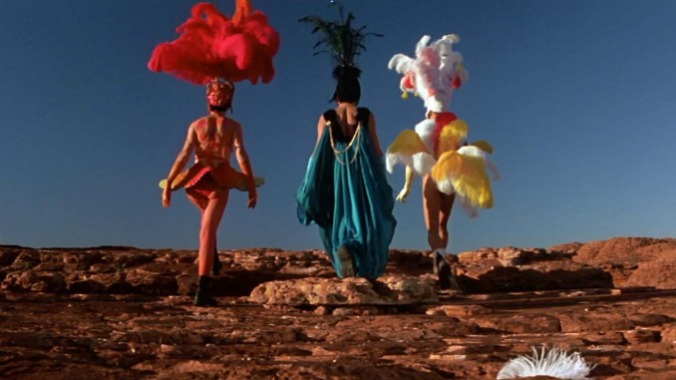The Weekend Watch: The Adventures of Priscilla, Queen of the Desert
Subscriber Exclusive

Welcome to The Weekend Watch, a weekly column focusing on a movie—new, old or somewhere in between, but out either in theaters or on a streaming service near you—worth catching on a cozy Friday night or a lazy Sunday morning. Comments welcome!
We’ve tackled punk riots, evil British laws, artistic crushes and crushing one-man shows, but our final Pride weekend of 2024 should be spent on a glorious, celebratory queer film: The Adventures of Priscilla, Queen of the Desert. Stephan Elliott’s Oscar-winning Aussie classic offers three blistering lead performances (from Terence Stamp, Hugo Weaving and Guy Pearce), some truly ostentatious design across the board and a heartwarmingly nuanced story that had its heart right back in 1994. You can find it on any of the ad-supported free streamers (like Tubi, Freevee, Roku, or Pluto TV) as well as on Peacock and your library streaming service.
-

-

-

-

-

-

-

-

-

-

-

-

-

-

-

-

-

-

-

-

-

-

-

-

-

-

-

-

-

-

-

-

-

-

-

-

-

-

-

-








































